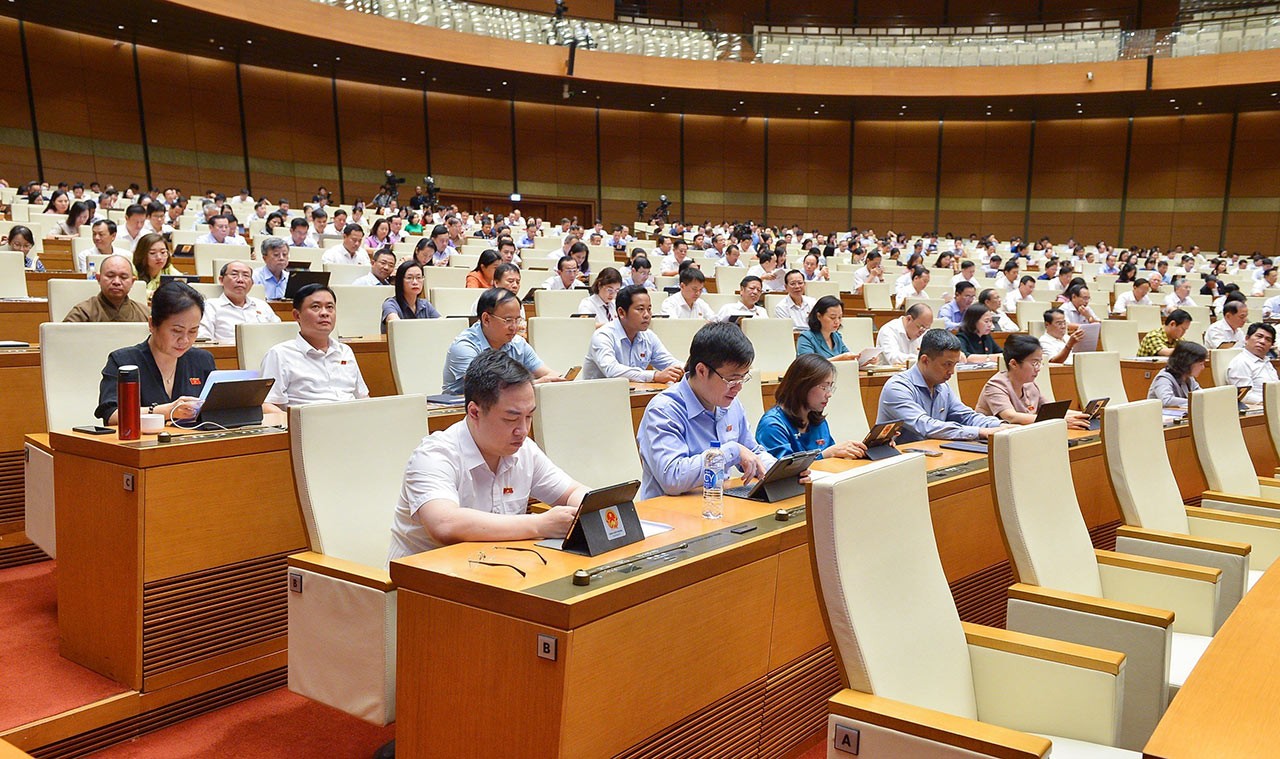 |
| The National Assembly met in the hall on the afternoon of June 23. |
In the morning session, the National Assembly voted to pass the Law amending and supplementing a number of articles of the Law on Exit and Entry of Vietnamese Citizens and the Law on Entry, Exit, Transit and Residence of Foreigners in Vietnam. Next, the National Assembly discussed in the hall the draft Law on Forces Participating in Security and Order Protection at the Grassroots Level. The Minister of Public Security explained and clarified a number of issues raised by National Assembly deputies.
At the end of the morning session and the beginning of the afternoon session, the National Assembly met separately on personnel work.
After a separate session, the National Assembly voted to pass a Resolution on piloting a number of specific mechanisms and policies for the development of Ho Chi Minh City; and a Resolution on the results of thematic supervision of "mobilization, management and use of resources for Covid-19 prevention and control; implementation of policies and laws on grassroots health care and preventive medicine".
At the closing session of the Session, the National Assembly voted to pass the Resolution on questions and answers; Voted to pass the Resolution of the 5th Session, 15th National Assembly (which stipulates: Adjusting the investment policy of the Ka Pet Reservoir Project, Ham Thuan Nam District, Binh Thuan Province; continuing to implement the policy of reducing value added tax by 2% according to Resolution No. 43/2022/QH15 dated January 11, 2022 and the policy of investing in additional charter capital for the Bank for Agriculture and Rural Development of Vietnam).
At the end of the session, National Assembly Chairman Vuong Dinh Hue delivered a closing speech.
* On June 23, continuing the 5th Session, the National Assembly discussed in the hall two draft laws: Law on Management and Protection of National Defense Works and Military Zones; Law on Real Estate Business (amended).
Giving opinions on the draft Law on Management and Protection of National Defense Works and Military Zones , delegates pointed out the reality of encroachment and use of land for national defense works and military zones.
Delegate Duong Tan Quan (Ba Ria-Vung Tau) said that in localities across the country, the situation of violations and encroachments on defense works and military zones is increasingly complicated. The situation of encroachment and overlapping of defense land still occurs, typically the incidents that occurred in some provinces (at shooting ranges) such as Bac Giang, Dong Nai, Binh Thuan, Ba Ria - Vung Tau...
Acts of encroachment and destruction of national defense works and military zones such as smashing old bunkers, artillery control markers, national defense land markers... to steal steel are still taking place in some localities.
According to the report of the Ministry of National Defense, there are currently more than 600 defense land points related to disputes, encroachment, and overlapping grants that have not been resolved. However, through studying the entire draft Law, delegate Duong Tan Quan found that there are no specific sanctions for these violations.
Therefore, the delegate suggested that the Drafting Committee consider providing additional sanctions for violations, and at the same time, there should be provisions regulating the transition process for handling outstanding issues in the history of land use allocation, defense works and military zones.
Regarding the draft Law on Real Estate Business (amended), delegates agreed on the necessity of promulgating the Law to perfect mechanisms and policies, develop a stable and healthy real estate market, and ensure the operation of real estate business relations according to the socialist-oriented market mechanism.
Delegate Tran Van Khai (Ha Nam) said that in reality, the real estate market is always in a state of "fever" or "freeze", which greatly affects the economy. If the State's policy does not regulate in time and there are no effective solutions, it can affect finance, the economy and even worse, an economic crisis. Therefore, the development of State policy for the real estate market is very important.
According to delegates, voters want to amend the Law on Real Estate Business to eliminate the mindset that "nothing is more profitable than trading land" and to find a way to prevent the poor from becoming poorer because of real estate, and to prevent future generations from being hopeless in their dream of owning their own home.
To specifically legislate the State's policies for this market, delegates pointed out that four factors must be ensured. That is the stability of the policy; the real estate market has a very long cycle, the projects are also very long so the stability of the policy is very important.
In addition, creating convenience, openness and motivation so that after amending the law, investors can invest strongly in the real estate market. This is very important in the State's regulatory policy.
In addition, the housing segment structure must be re-regulated. Currently, the high-end housing segment is being invested too much and the "blood clot" is also here. Meanwhile, the huge demand for workers' housing is not being oriented, and the investment capital flow into it is not being regulated.
In particular, it is necessary to strictly manage the real estate market, respond promptly and proactively to the "hot - cold" situation of the real estate market.
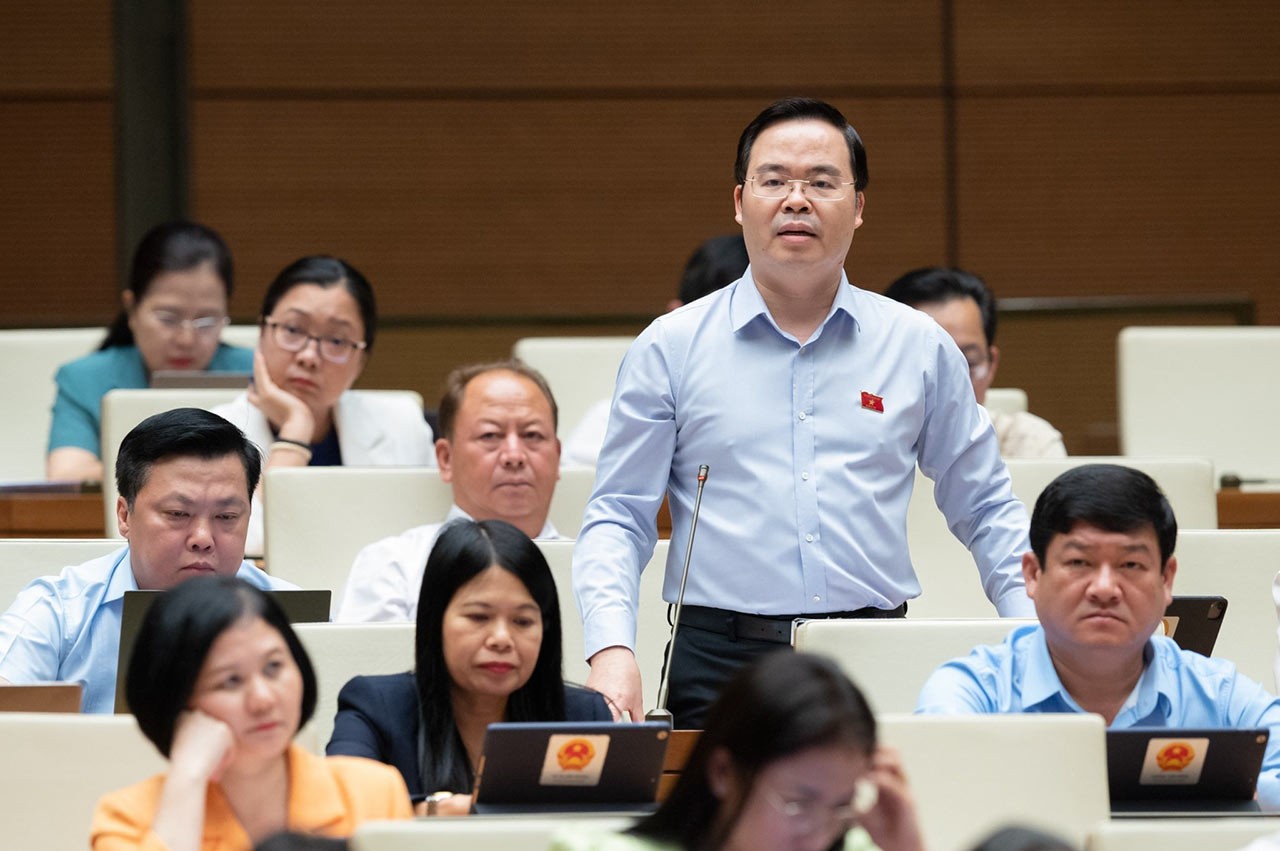 |
| Delegate Tran Van Khai (Ha Nam) spoke at the hall. |
* During the working day, the National Assembly also voted to pass the Law on Bidding (amended) and the Resolution on taking a vote of confidence and voting for confidence in people holding positions elected or approved by the National Assembly or People's Council (amended).
The Law on Bidding (amended) takes effect from January 1, 2024; consists of 10 chapters and 96 articles, regulating state management of bidding activities; the authority and responsibilities of agencies, organizations and individuals in bidding activities, activities of selecting contractors to implement bidding packages, activities of selecting investors to implement business investment projects.
Regarding the regulations on centralized bidding, purchasing drugs, chemicals, and medical equipment, the National Assembly Standing Committee has directed the agency in charge of appraisal and the agency in charge of drafting to closely coordinate with the Law Committee, the Social Committee, the Ministry of Health, and a number of National Assembly deputies working in the health sector on the contents of reception and revision related to the health sector.
The Resolution on taking a vote of confidence and voting for confidence in people holding positions elected or approved by the National Assembly or People's Council (amended) clearly states: The results of the vote of confidence are used to evaluate cadres, serving as a basis for planning, mobilizing, appointing, recommending cadres for candidacy, dismissing and implementing regimes and policies for cadres.
A person who is voted on for a vote of confidence and has more than half to less than two-thirds of the total votes for "low confidence" may resign; if he/she does not resign, the National Assembly Standing Committee shall submit it to the National Assembly, and the People's Council Standing Committee shall submit it to the People's Council for a vote of confidence at that session or the nearest session.
If a person subject to a vote of confidence receives a "low confidence" rating of 2/3 or more of the total votes, the agency or person with authority to recommend that person for election or approval by the National Assembly or People's Council shall be responsible for submitting to the National Assembly or People's Council for dismissal at that session or the nearest session.
Source



![[Photo] Keep your warehouse safe in all situations](https://vphoto.vietnam.vn/thumb/1200x675/vietnam/resource/IMAGE/2025/10/1/3eb4eceafe68497989865e7faa4e4d0e)
![[Photo] President of the Cuban National Assembly visits President Ho Chi Minh's Mausoleum](https://vphoto.vietnam.vn/thumb/1200x675/vietnam/resource/IMAGE/2025/10/1/39f1142310fc4dae9e3de4fcc9ac2ed0)


![[Photo] Hanoi morning of October 1: Prolonged flooding, people wade to work](https://vphoto.vietnam.vn/thumb/1200x675/vietnam/resource/IMAGE/2025/10/1/189be28938e3493fa26b2938efa2059e)


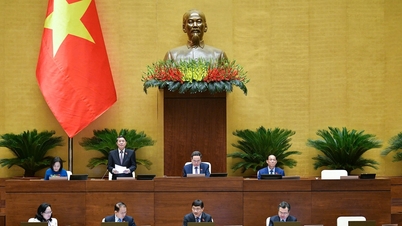



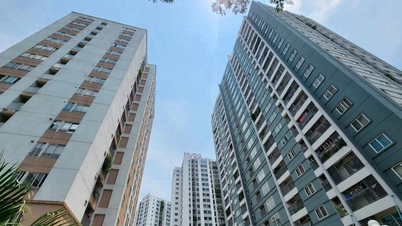

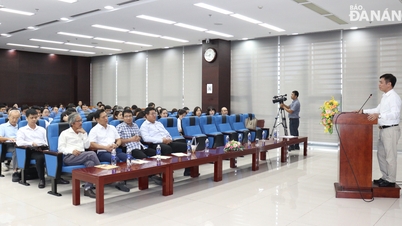

















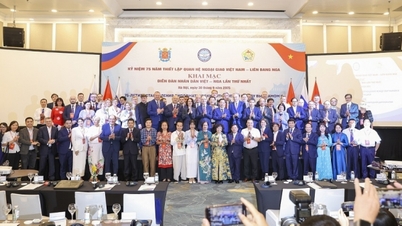

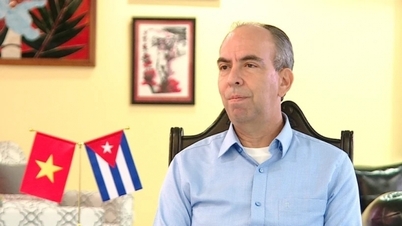
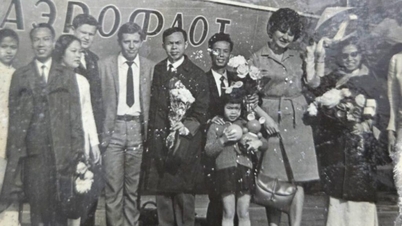




































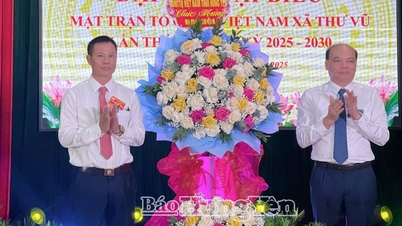



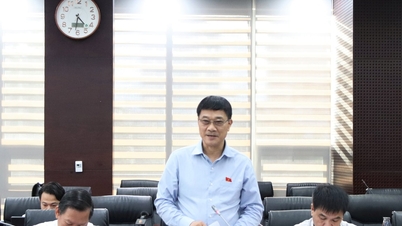



















Comment (0)